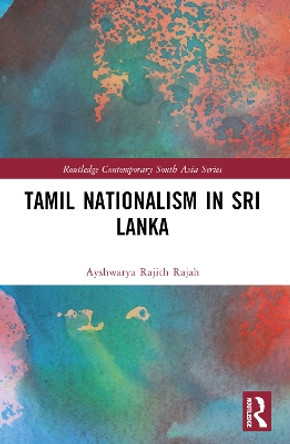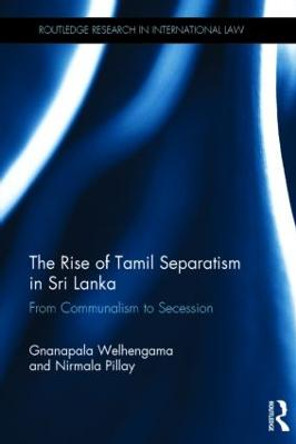Why are relations between politically mobilised ethnic identities and the nation-state sometimes peaceful and at other times fraught and violent? Madurika Rasaratnam's book sets out a novel answer to this key puzzle in world politics through a detailed comparative study of the starkly divergent trajectories of the 'Tamil question' in India and Sri Lanka from the colonial era to the present day. Whilst Tamil and national identities have peaceably harmonised in India, in Sri Lanka these have come into escalating and violent contradiction, leading to three decades of armed conflict and simmering antagonism since the war's brutal end in 2009. Tracing these differing outcomes to distinct and contingent patterns of political contestation and mobilisation in the two states, Rasaratnam shows how, whilst emerging from comparable conditions and similar historical experiences, these have produced very different interactions between evolving Tamil and national identities, constituting in India a nation-state inclusive of the Tamils, and in Sri Lanka a hierarchical Sinhala-Buddhist national and state order hostile to Tamils' political claims. Locating these dynamics within changing international contexts, she also shows how these once largely separate patterns of national-Tamil politics, and Tamil diaspora mobilisation, are increasingly interwoven in the post-war internationalisation of Sri Lanka's ethnic crisis.
About the AuthorMadurika Rasaratnam is a lecturer in Comparative Politics at City, University of London. Her research is concerned with the comparative and international politics of ethnic and nationalist conflicts, conflict management and peacebuilding with a regional focus on the countries of south Asia. She has previously taught at the University of Kent, SOAS and LSE.
Book InformationISBN 9781849044783
Author Madurika RasaratnamFormat Paperback
Page Count 288
Imprint C Hurst & Co Publishers LtdPublisher C Hurst & Co Publishers Ltd








